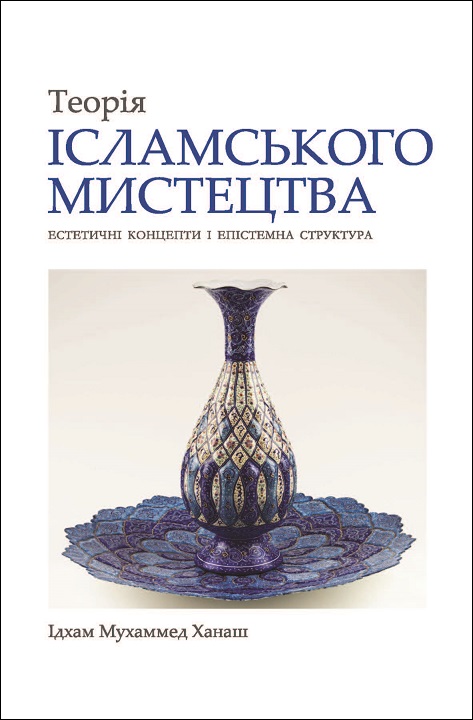
Divine oneness as the principle of beauty is perhaps quintessentially Islamic artistic expression and experience and what it celebrates. Why has Islamic art evolved as it has, what forms does it take, what is the logic underlying it? What message is the Muslim artist attempting to convey, what emotion is he seeking to evoke? This work views Islamic art as a subject of archeological study and treats its evolution as part of the historical study of art in the broader sense. At the same time, it paves the way for an epistemological shift from viewing Islamic art as a material concept having to do with beautiful rarities and relics that have grown out of Islamic cultural and artistic creativity, to a theoretical concept associated with a vision, a principle, a theory and a method. This theoretical concept provides the intellectual and cultural foundation for a critical philosophical science of Islamic artistic beauty to which we might refer as ‘the science of Islamic art,’ or ‘the Islamic aesthetic’ that evaluates visual artistic creations in terms of both beauty and practical usefulness. In the process the study also explores orientalist misconceptions, challenging some of the premises with which it has approached Islamic art, with judgement rooted in a cultural framework alien to the spiritual perspective of Islam. Professor Idham Mohammed Hanash has a PhD (1999) from the Institute of History and Scientific Arabic Heritage of Higher Studies, and is currently an instructor in Islamic arts, and head of the Academic Department of the College of Islamic Arts and Architecture at the International Islamic Sciences University in Jordan. He is interested in Arabic calligraphy and its artistic and critical issues and has authored more than 10 books and many studies in this field. Keywords: aesthetic concept, epistemic structure, theory, islamic art, linguistic, structure, divine, beauty, communicative, vision, method, application, principle, culture, historical, calligraphic, aesthetic, artistic, symbolism, orientalist, ornamental, rarities
Paperback : ISBN 978-966-416-810-3 $12.95 eBook :ISBN 978-1-64205-496-5 $4.50 Size/pages/year : (6x9) / 124 p. / 2021
